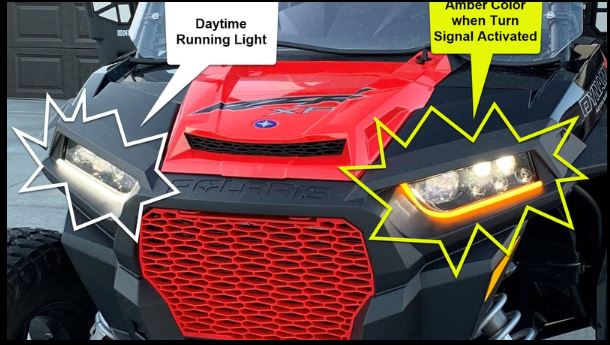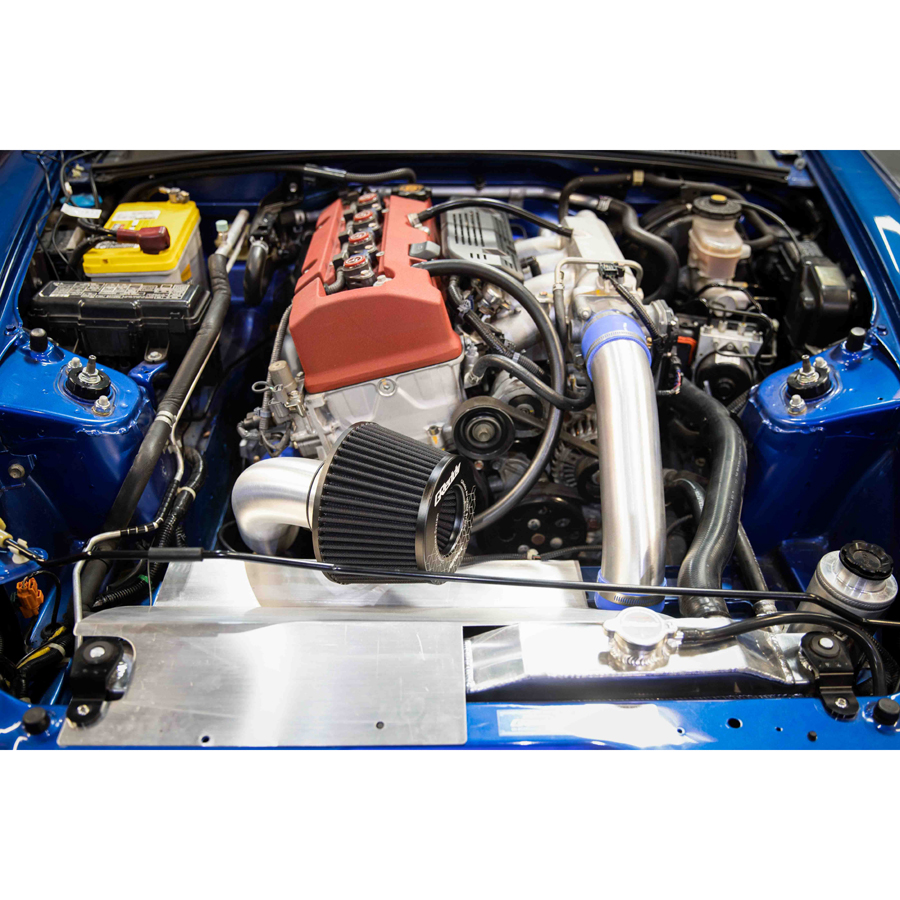Imagine cruising down the highway, the thrill of speed and power pulsing through your veins. You’ve heard about turbo kits, those magical components that can transform your car into a speed demon.
But there’s a nagging question that keeps popping up: “Are turbo kits legal? ” This question might be looming large in your mind, especially if you’re eager to boost your vehicle’s performance without getting into trouble. You’ve seen them on the track, read about them in forums, and maybe even watched a few installation videos.
Turbo kits promise an exhilarating driving experience, but the legality can be a grey area. The last thing you want is to invest in an upgrade only to find yourself on the wrong side of the law. So, what’s the real story? Can you rev up your engine guilt-free, or is there more to it than meets the eye? Stick around as we delve into the ins and outs of turbo kit legality, ensuring you make informed decisions that keep your ride and record pristine.
Turbo Kits And Vehicle Modifications
Turbo kits make cars faster. They boost engine power. Many car lovers use them. But are they legal? It depends on where you live. Some places have strict laws. Others are more relaxed. Always check local rules first.
Installing a turbo kit changes your car. It modifies the engine. Modifications must be safe. They should not harm the car. Safety checks are important. Turbo kits need professional installation. Experts know how to do it right.
Noise can be a problem. Turbo kits can be loud. Noise limitsexist in many areas. Keep your car quiet. It’s better for everyone. Too much noise can lead to fines.

Credit: www.youtube.com
Federal Emissions Standards
Turbo kits can affect air quality. They may increase vehicle emissions. High emissions can pollute the environment. This pollution harms human health. It can lead to breathing problems. Federal rules help control these emissions. They set limits on pollution. Vehicles must follow these rules. Turbo kits must meet these standards. If they don’t, they can be illegal.
Turbo kits must meet compliance requirements. They should not increase emissions. Manufacturers must test their kits. Tests ensure kits follow emission rules. Kits should have certification. Certification shows they are legal. Without certification, turbo kits can be banned. Owners must check their kits. They must ensure kits are legal to use. Following rules helps keep air clean.
State-specific Regulations
California has strict rules for car parts. The CARB standards are very important. Turbo kits must meet these standards. They ensure the kits are safe and clean. If a turbo kit does not meet CARB standards, it is not legal in California. This is to keep the air clean. Car owners need to check the CARB label. This label shows if the kit is approved. Always buy kits with this label in California.
Different states have their own rules. Some states are not as strict as California. But many states still have rules for turbo kits. Safety and emissions are common concerns. Always check your state’s rules before buying a kit. A legal kit in one state may not be legal in another. This helps keep the roads safe and air clean. It’s important to follow these rules.
Safety And Inspection Laws
Turbo kits can be legal if they meet safety and inspection standards. Laws vary by region. Always check local regulations before installation.
Vehicle Safety Checks
Turbo kits boost engine power. They must be safe to use. Safety checks are important for vehicle performance. Brakes and tires need regular checks. Exhaust systems also need inspection. Engine modifications should not harm the car. Safety is the top priority.
Annual Inspection Requirements
Cars need yearly checks. Inspections ensure cars are safe. Turbo kits must pass these checks. Emission tests are part of inspections. Engine and body condition are checked too. Legal requirements vary by state. Check local laws for details. Stay informed about changes. Safety rules keep everyone safe.
Insurance Considerations
Turbo kits raise questions about legality and insurance. Laws vary by region, affecting both street use and coverage options. Consult local regulations and your insurer to ensure compliance and protection.
Policy Implications
Turbo kits can affect your car insurance. Some insurers may not cover them. Modifications can change how a policy works. You must tell your insurer about any changes. Not telling them can cause issues later. It might even void your policy.
Potential Premium Increases
Adding a turbo kit might raise your insurance cost. Insurance companies see modified cars as risky. More speed means more risk. Risk means higher prices. Some insurers might not insure modified cars at all. Always check with your company first. They can tell you about any changes in costs.
Street Legality Vs. Track Use
Turbo kits can be used in two main settings: streets and tracks. For street use, these kits must follow specific laws. They need to pass emission testsand meet noise standards. On tracks, rules are more relaxed. Cars can have more power and speed. This makes them fun to drive in races.
Car lovers enjoy turbo kits for the thrill they offer. On streets, they must ensure their car is street legal. This means checking with local laws. Enthusiasts often spend time and money making their cars safe and legal. On tracks, they can focus on speed and performance. This is where their passion truly shines.
Penalties For Non-compliance
Installing a turbo kit might sound fun. But, breaking the law can be costly. Owners can face heavy finesif the kit is not legal. Sometimes, the car can be taken away. This happens if the car is a danger. Legal troublescan follow too. It is important to check the rules first. Each area has different rules. Always be sure before adding a turbo kit.
A car with an illegal turbo kit may not get registered. This means the car cannot be driven legally. Insurance may be a problem too. Many companies will not cover such cars. This can lead to big problems in case of accidents. Always make sure the car is legal. This keeps you safe and out of trouble.

Credit: www.proutvparts.com
Choosing A Legal Turbo Kit
Turbo kits need proper certificationand labelsto be legal. Kits with a CARB sticker are safe. This sticker proves the kit meets rules. Always check for this sticker before buying. It helps you avoid trouble with the law.
Each turbo kit comes with manufacturer guidelines. These rules tell you how to use the kit. Follow these guidelines to keep your car safe. Ignoring them might cause damage or legal issues. Always read and understand these instructions fully.

Credit: www.evasivemotorsports.com
Conclusion
Turbo kits offer exciting upgrades for car enthusiasts. Legalities vary by region, so checking local laws is crucial. Some states have strict regulations, while others are more lenient. It’s important to ensure your turbo kit meets emission standards and safety requirements.
Proper installation can help avoid potential legal issues. Research and consultation with experts is advisable before modification. Stay informed and enjoy your boosted ride responsibly. Understanding the rules ensures a smoother driving experience. Enthusiasm for speed should always align with legal standards.
Happy tuning and safe driving!
